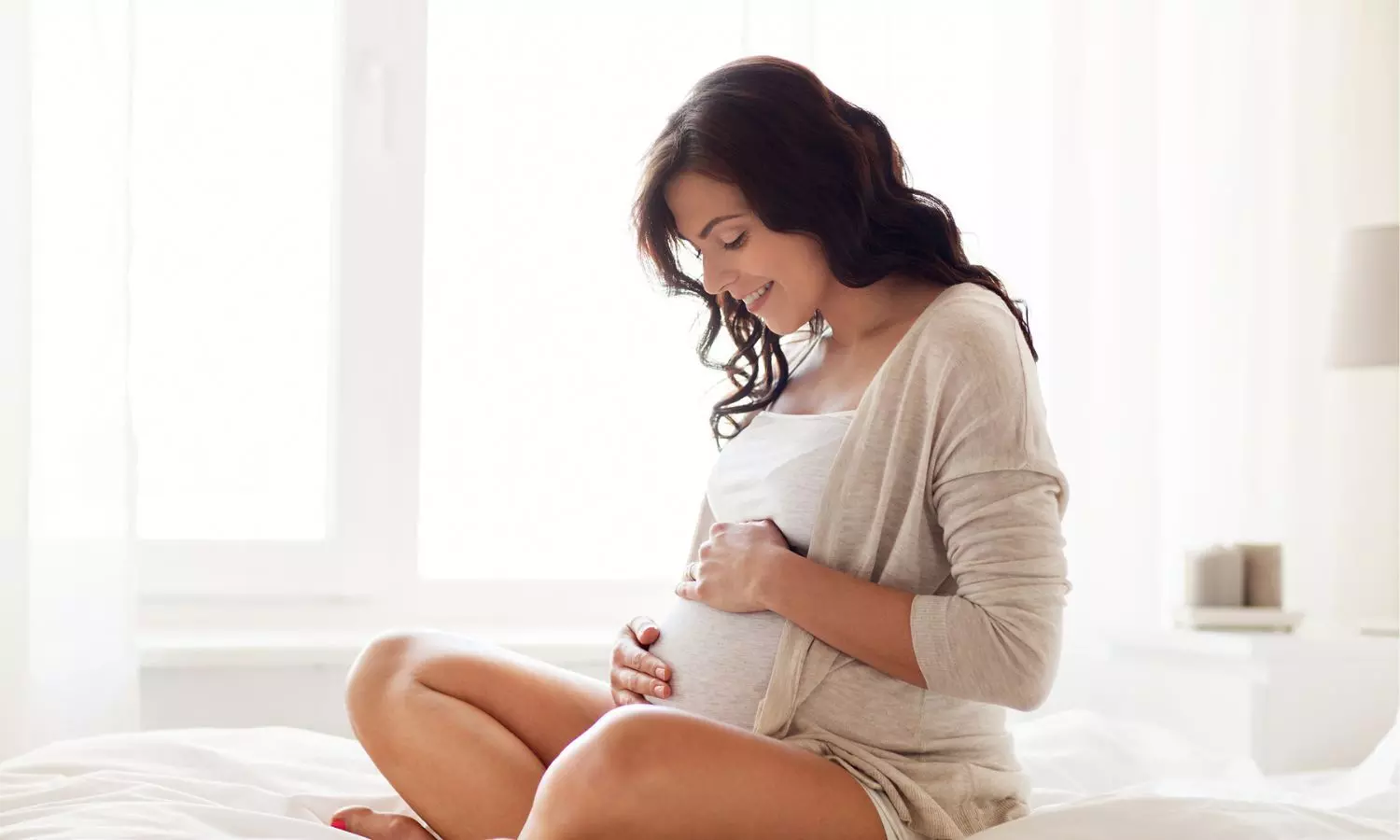Maternal iron and vitamin D levels during mid-pregnancy independently linked to third-trimester depression symptoms: Study

Pregnant individuals often struggle to obtain adequate iron and vitamin D due to factors such as limited food access, nutrient bioavailability, dietary restrictions, location or seasonality, and medical conditions. These micronutrients are crucial for optimal fetal development and maternal health. Iron deficiency affects 20% of pregnancies globally, while the global prevalence of vitamin D sufficiency is unclear.
According to a study published in The Journal of Nutrition, researchers have concluded that Maternal iron and vitamin D levels during mid-pregnancy were found to be independently linked to third-trimester depression symptoms. Specifically, adequate levels of these nutrients during the second trimester were associated with fewer depression symptoms in the third trimester.
The Alberta Pregnancy Outcomes and Nutrition study enrolled pregnant women and their children from Calgary and Edmonton in Canada. The study measured iron biomarkers and vitamin D metabolites using various techniques. Four categories of iron and vitamin D status during the second trimester were identified based on SF(serum ferritin) and a total of 25(OH)D concentrations. EPDS scores during the third trimester and three months postpartum were obtained for 1920 and 1822 participants, respectively.
Key findings from the study are:
· During the second trimester, the Concentrations of maternal 25(OH)D3, 3-epi-25(OH)D3, and the ratio of both metabolites were higher than their status at three mo postpartum.
· Higher second-trimester maternal concentrations of SF, hepcidin and 25(OH)D3 predicted lower maternal EPDS scores during the third trimester.
· Pregnant individuals with a low iron (SF <15 μg/L) and replete vitamin D (25(OH)D ≥75 nmol/L) or low iron (SF <15 μg/L) and vitamin D (25(OH)D <75 nmol/L)status during midpregnancy had higher third-trimester EPDS scores compared with those that were replete in both micronutrients.
In conclusion, a higher mid-pregnancy maternal iron and vitamin D status, either alone or in combination, predicted fewer depression symptoms in the third trimester. Postpartum, maternal 25(OH)D3 and 3-epi-25(OH)D3 levels may be lower than in mid-pregnancy. This study is one of the first to examine the combined impact of maternal iron and vitamin D status on depression during pregnancy.
Reference:
Evanchuk JL et al. Maternal Iron and Vitamin D Status during the Second Trimester Is Associated with Third Trimester Depression Symptoms among Pregnant Participants in the APrON Cohort. J Nutr. 2024 Jan;154(1):174-184.
Facebook Comments



